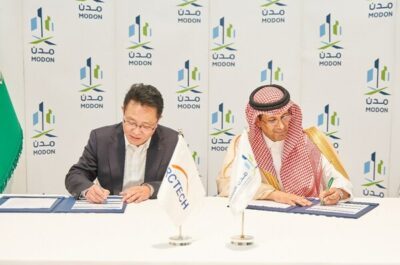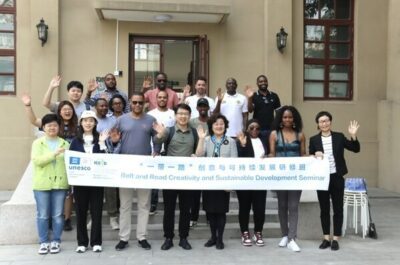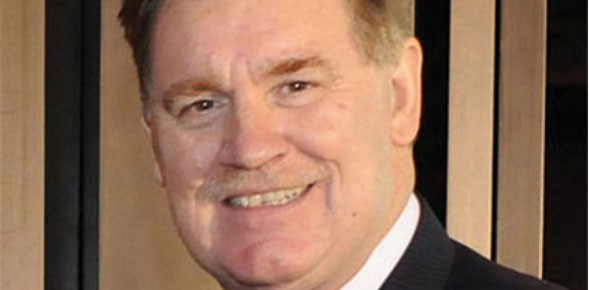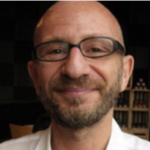A few weeks before celebrating the start of its third year at the top of the Pacific Asia Travel Association, CEO Martin Craigs tells to TDN Asia what will be PATA next tasks over the coming months.
What is now PATA’s roadmap as you are achieving your second year as PATA CEO?
Martin Craigs – Since I arrived two years ago at the head of the association, PATA has been changing its global approach in a fast moving environment. We acknowledged it by launching “PATA Next Gen”. By associating Next Gen to our association, we wanted not only to convey a strong message but also shift PATA traditional approach into a new dimension, similar to the digital world; which means also that we were embracing a new model of marketing, which would bring larger benefits to our members. In parallel we refocus our strategy around three main pillars of development: aligned advocacy, insightful research and innovative events with a vision: to be the global leader in delivering opportunities to, from and within the Asia Pacific Visitor Economy”.
What are PATA assets and weaknesses today?
M.C. – Prior to PATA Travel Mart in Chengdu, we put together a strategic business plan which helped us to evaluate our strengths and weaknesses as well. Our strength is our multi-segmented membership embracing the public and private sectors and members from all the branches of the travel industry but also from activities indirectly linked to tourism and travel. Other strong points of PATA is our global reach through 40 chapters around the world, our strong China commitment and engagement, our reasearch unit with unique data; our PATA foundation and finally the fact that we have a 60-year old legacy! Among our weaknesses are our internal coordination, sometimes slow-moving operating procedures and a complex membership structure. We have analysed those weaknesses and actions have been proposed.
PATA has sometimes being criticized as being too slow to react to events, to some rumours or even unfounded information. What do you answer?
M.C. – We normally distance ourselves from the rumours as there is no way to light up a war which would damage everyone’s reputation. I believe this is the right move. However, I must also admit that communication has not been PATA primary focus over the last two years as more urgent tasks were necessary to tackle. I can tell that we will now move from a passive approach to communication to a pro-active fast reacting one. We MUST react in a very contemporary way to travel news and events and of course keep dialogue and communication opened. It also depends a lot of human and material resources put into the communication field. This is what we are now looking at…
What are the new fields where PATA is now moving?
M.C. – We are getting also more pro-active in Corporate Social Responsibility linked to tourism and also about human capital development.
What is PATA next most exciting development?
M.C. – I was talking about human capital development . And this is definitely what we want to achieve with PATAcademy, a six-day PATA run course. We will have some important and exciting announcements about the Academy at ITB Singapore. This is why I cannot tell you more about. The idea is to focus on human capital development, which is of utmost importance for the future of Asia visitors’ economy. We would like to start with at least two PATAcademies per year and move fast to four events a year if the demand is high. I am in fact confident that our first PATA training platform will be highly successful. I expect that we will sold out the event within a week after ITB Singapore. Another exciting development is our ability to be increasingly present anytime in a –as I would call- “Seven-Eleven working style”. We will have 12 internal helpers with us, speaking 10 languages and I believe that we have to learn to be responsive from 7 am to 11 pm… Because PATA is indeed present in countries spanning 17 different time zones!
Luc Citrinot a French national is a freelance journalist and consultant in tourism and air transport with over 20 years experience. Based in Paris and Bangkok, he works for various travel and air transport trade publications in Europe and Asia.

























![[PR] PR_Ascott and Vimut Hospital_2024](https://www.traveldailynews.asia/wp-content/uploads/2024/04/PR-PR_Ascott-and-Vimut-Hospital_2024-400x265.jpg)






















































